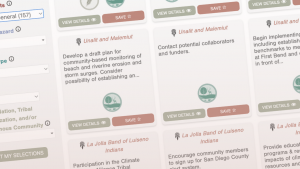U.S. Caribbean
Hurricanes, increasingly powerful storms, and rising sea levels are already harming human health, ecosystems, water and food supplies, and critical infrastructure in the US Caribbean, with underserved communities suffering disproportionate impacts. Effective adaptation to support resilience in the region could be enhanced by decentralization, shared governance, and stronger partnerships.
- Climate-driven extreme events exacerbate inequities and impact human health and well-being
- Ecology and biodiversity are unique and vulnerable
- Climate change threatens water and food security
- Infrastructure and energy are vulnerable, but decentralization could improve resilience
- Adaptation effectiveness increases when coupled with strategic governance and planning
Key messages adapted from the US Caribbean chapter of the Fifth National Climate Assessment.

Looking for previous content for the U.S. Caribbean region?
Related Case Studies & Action Plans
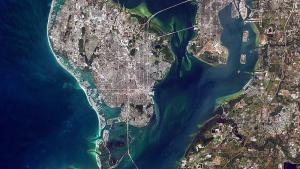
This image has been released into the public domain because it contains materials that originally came from the United States National Aeronautics and Space Administration (NASA). No endorsement by licensor implied.

Photo attributed to Jerry Reid, U.S. Fish and Wildlife Service. This work has been released into the public domain by its author. No endorsement by licensor implied.
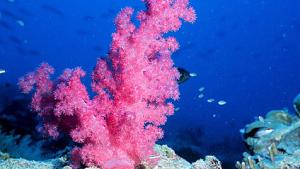
This image has been released into the public domain because it contains materials that originally came from the U.S. National Oceanic and Atmospheric Administration. No endorsement by licensor implied.
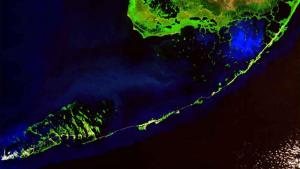
Photo attributed to www.terraprints.com. Incorporated here under the Creative Commons Attribution 2.5 Generic license. No endorsement by licensor implied.
Related Tools


National Hurricane Center
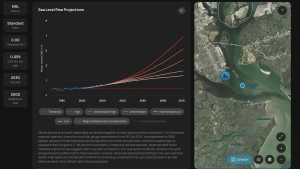
NOAA Digital Coast

